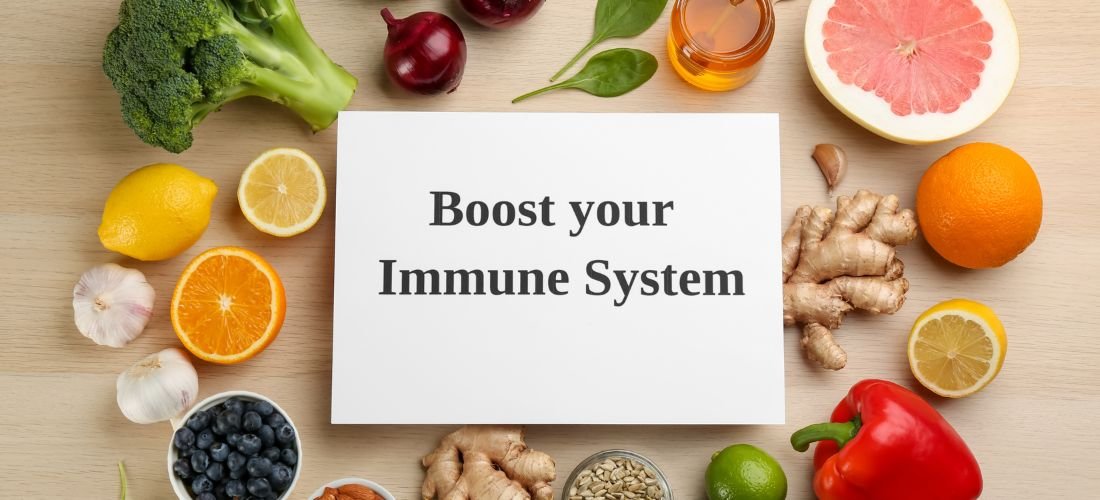Introduction
As the temperatures drop and winter sets in, it’s essential to fortify our immune systems to ward off common colds, flu, and other seasonal illnesses. One of the most effective ways to do this is by focusing on our diet. By including specific winter foods in our meals, we can provide our bodies with the nutrients they need to stay healthy and strong. In this comprehensive guide, we’ll explore wellhealthorganic.com:to-increase-immunity-include-winter-foods-in-your-diet-health-tips-in-hindi to help you navigate the colder months with ease.
The Significance of Wellhealthorganic.com: To Increase Immunity Include Winter Foods in Your Diet Health Tips in Hindi
Winter foods play a crucial role in bolstering our immune defences during the colder months. These foods are typically rich in vitamins, minerals, antioxidants, and other essential nutrients that support our body’s natural ability to fight off infections. By incorporating a variety of winter foods into our diet, we can provide our immune system with the resources it needs to function optimally and keep illness at bay.
The Power of Vitamin C-Rich Foods
Vitamin C is a potent antioxidant that helps strengthen the immune system and protect against infections. During winter, it’s especially important to include foods rich in vitamin C, such as citrus fruits, kiwi, bell peppers, and strawberries, in your diet. These fruits and vegetables not only boost immunity but also help combat the effects of seasonal stressors on the body.
See Also: Wellhealthorganic.com/easily-remove-dark-spots-lemon-juice
Citrus Fruits: Nature’s Immunity Boosters
Citrus fruits like oranges, lemons, and grapefruits are packed with vitamin C, making them ideal additions to your winter diet. Consuming citrus fruits regularly can help reduce the duration and severity of colds and flu, thanks to their immune-boosting properties. Additionally, citrus fruits are refreshing and hydrating, making them a perfect snack option during the winter months.
Embracing the Power of Zinc
Zinc is another essential nutrient that plays a vital role in supporting immune function. Foods rich in zinc, such as nuts, seeds, legumes, and whole grains, can help strengthen the body’s defences against infections and promote overall health and well-being. Including a variety of zinc-rich foods in your diet can help ensure that your immune system remains robust and resilient throughout the winter season.
Nuts and Seeds: Nutritional Powerhouses for Winter Wellness
Nuts and seeds are excellent sources of zinc, as well as other important nutrients like protein, fiber, and healthy fats. Almonds, pumpkin seeds, sunflower seeds, and cashews are just a few examples of nutrient-dense nuts and seeds that can support immune function and contribute to overall vitality. Snacking on a handful of nuts or seeds each day can provide your body with a steady supply of essential nutrients to keep you healthy and energized.
Wellhealthorganic.com:to-increase-immunity-include-winter-foods-in-your-diet-health-tips-in-hindi
FAQs (Frequently Asked Questions)
Q: How can I incorporate winter foods into my daily meals?
A: You can incorporate winter foods into your daily meals by including seasonal fruits and vegetables in your recipes, such as soups, salads, smoothies, and stir-fries. Try experimenting with different combinations to discover new flavors and textures that you enjoy.
Q: Are there any specific winter foods that are particularly beneficial for immunity?
A: Yes, several winter foods are known for their immune-boosting properties, including citrus fruits, leafy greens, root vegetables, nuts, seeds, and whole grains. By including these foods in your diet regularly, you can support your body’s natural defences and stay healthy during the colder months.
Q: Can supplements help boost immunity during winter?
A: While supplements can be beneficial for some individuals, it’s generally best to obtain nutrients from whole foods whenever possible. However, if you have specific dietary restrictions or deficiencies, speak with your healthcare provider about whether supplements may be appropriate for you.
Q: How does hydration impact immunity during winter?
A: Staying hydrated is essential for supporting immune function year-round, including during winter. Drinking an adequate amount of water helps maintain proper bodily functions, including the production of immune cells that help fight off infections. Aim to drink at least eight glasses of water per day to stay hydrated and support overall health.
Q: Are there any lifestyle habits that can complement a diet rich in winter foods for immunity?
A: Yes, adopting healthy lifestyle habits can further support immune function during winter. Getting regular exercise, managing stress levels, prioritizing sleep, and practising good hygiene, such as handwashing, can all contribute to overall well-being and resilience against seasonal illnesses.
Q: Can I indulge in comfort foods during winter without compromising my immunity?
A: While it’s okay to enjoy comfort foods in moderation, it’s essential to maintain a balanced diet that includes plenty of nutrient-rich foods to support immune health. Opt for healthier versions of your favourite comfort foods whenever possible, and remember to include plenty of fruits, vegetables, whole grains, and lean proteins in your meals.
See Also: Wellhealthorganic.com/how-to-build-muscle-know-tips-to-increase-muscles
Conclusion
Incorporating winter foods into your diet is a simple yet effective way to boost immunity and stay healthy during the colder months. By focusing on nutrient-dense foods like citrus fruits, nuts, seeds, and leafy greens, you can provide your body with the essential nutrients it needs to ward off infections and thrive throughout the winter season. Remember to stay hydrated, prioritize healthy lifestyle habits, and listen to your body’s needs to support optimal immune function and overall well-being.
